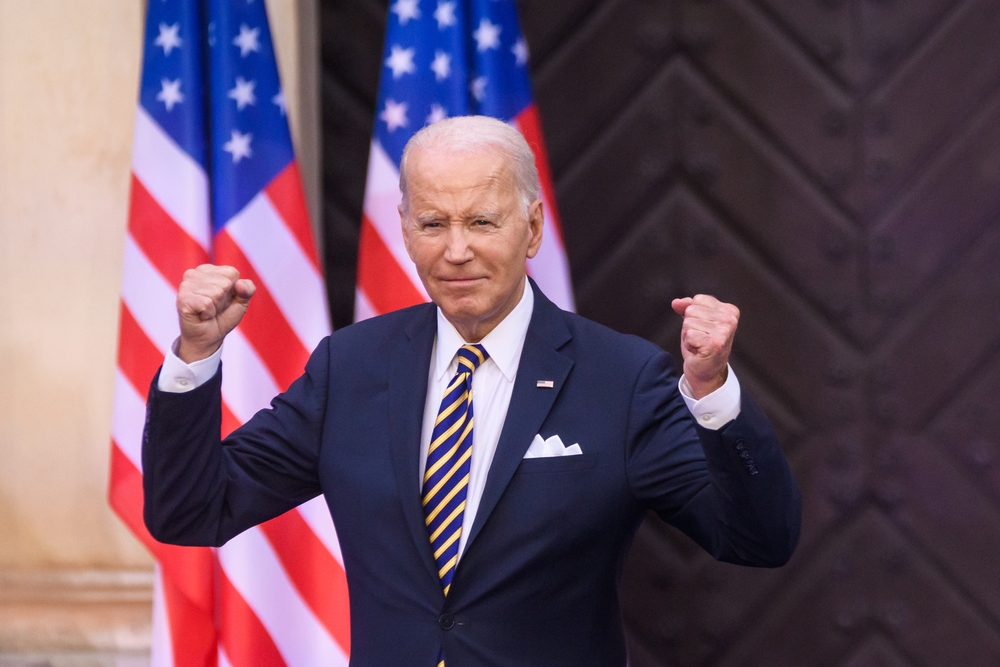A dire warning from the U.S. Africa Command sounds the alarm on the surging terrorism threat in the Sahel region, urging immediate action to prevent potential impacts on global security.
At a Glance
- Islamic militants’ attacks are escalating in the Sahel, posing a growing threat.
- Gen. Langley of the U.S. Africa Command deems the Sahel Africa’s terrorism epicenter.
- Al-Qaida and ISIS affiliates are expanding their operations in West African nations.
- The loss of U.S. surveillance capabilities in Niger complicates monitoring efforts.
Increasing Threats in the Sahel
Terrorist groups, including affiliates of al-Qaida and the Islamic State, are ramping up operations in the Sahel region of Africa. The U.S. Africa Command, led by Gen. Michael Langley, identifies the region as Africa’s terrorism epicenter, raising concerns over the growing influence and capabilities of these organizations. The situation poses a significant security challenge that necessitates vigilant surveillance and countermeasures to mitigate potential threats.
Experts highlight that the militants’ strategy focuses on obtaining access to the West African coast. Such access facilitates the financing of their activities through smuggling, human trafficking, and the arms trade. These developments underscore the urgency for enhanced international cooperation in addressing these threats.
Operational Challenges Post-U.S. Withdrawal
The U.S. withdrawal from key drone bases in Niger in 2024 significantly impaired AFRICOM’s surveillance ability in the region. This shift followed a pivotal coup in Niger the year prior, which resulted in the termination of U.S. partnerships, further complicating efforts to monitor extremist factions closely. This withdrawal amplifies the importance of developing a more adaptable and resilient counter-terrorism strategy to manage the evolving dynamics in the Sahel.
“We have lost our ability to monitor these terrorist groups closely” – Gen. Michael Langley
In Somalia, the U.S. faces a parallel scenario where its military supports local forces against al-Shabab and an increasingly active ISIS Somalia. President Biden reinstated U.S. troops in Somalia after a brief withdrawal during the previous administration, indicating a renewed commitment to countering threats in this volatile region.
Strategic Reassessment Required
With the increasing attacks in West Africa and Somalia, the Pentagon is reevaluating its strategic approach in Africa. Gen. Langley calls for a comprehensive strategy addressing the root causes of instability and promoting regional security capabilities. He advocates for African militaries to take on more responsibility to maintain regional order, thereby allowing the United States to concentrate on broader geopolitical challenges such as China.
“One of the terrorists’ new objectives is gaining access to the West African coast” – Gen. Michael Langley
The call for allies to assume more significant roles underscores the critical need for a unified international effort to uphold security in one of the world’s most complex threat landscapes. Robust strategies to confront these challenges are paramount to ensure global safety and stability.







